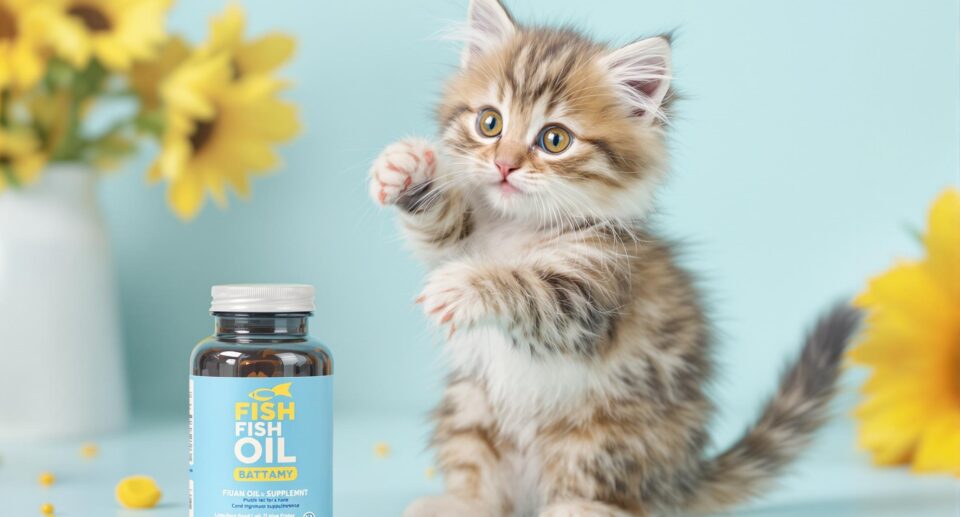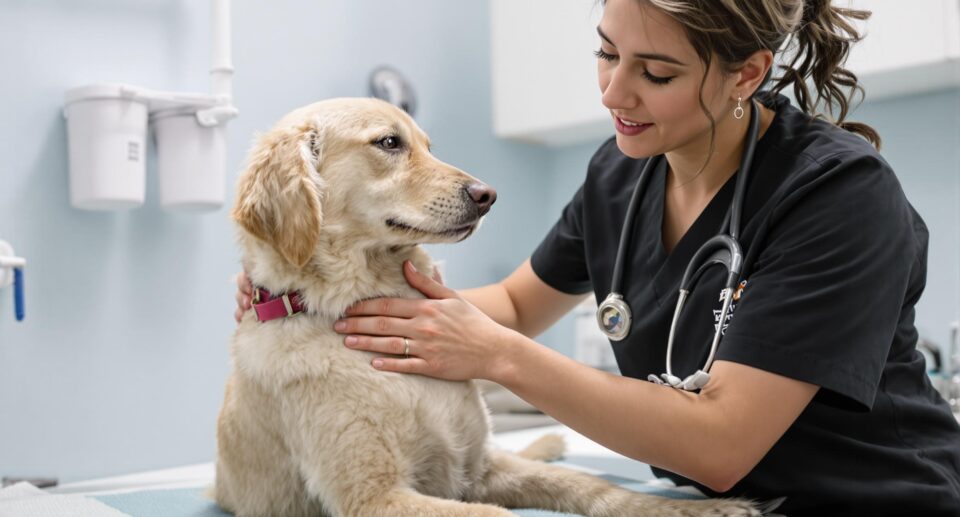Is Your Kitten Getting Enough Omega-3s In Their Diet?

Many cat parents know that omega-3 fatty acids are beneficial to older cats. Omega-3 fatty acids are commonly known to help reduce inflammation in arthritic joints, protect heart health, and promote immunity in seniors. But did you know that kittens also benefit from a diet that’s balanced with omega-6 and omega-3 fatty acids? Healthy fats play a major role in your kitten’s development over their first year of life.
What are Fatty Acids, and Why Do Kittens Need Them?
There are three main types of omega-3 fatty acids: alpha-linolenic acid (ALA), eicosapentaenoic acid (EPA) and docosahexaenoic acid (DHA). ALAs are found in plant-based fat sources, while EPA and DHA are found in animal sources like fish oil.
Omega-6 fatty acids, found in vegetable oil and animal fats, are essential too. They mainly provide energy. However, omega-6 fatty acids can actually cause inflammation. Inflammation is a normal, healthy immune system response that aids the healing process after illness or injury. However, high levels of inflammation increases the risk of disease.
That’s why your kitten’s diet needs to contain balanced fats. Most commercial kitten foods provide adequate omega-6 fatty acids, but may need to be balanced with an omega-3 fatty acid supplement for optimal support.
Omega-3 Fatty Acids for Brain Health in Kittens
Studies have shown that supplementation of the omega-3 fatty acid DHA plays a major role in the brain and nervous system development of young kittens. While it’s found in their mother’s milk, many kitten foods do not contain adequate amounts of DHA.
Supplementing your kitten’s diet with fish oil, a natural source of DHA, can support their brain development so they may be easier to train and at less risk for behavioral issues later in life. It also contributes to their nervous system development and vision health.
How To Supplement Omega-3 Fatty Acids To Kittens
Many dry and canned kitten foods contain omega-3 fatty acids, either with the addition of fish oil or with ingredients like salmon or tuna. Pet food manufacturers are not required to list amounts of omega-3 fatty acids on packaging, but recipes that contain fish or fish oils contain some healthy fats.
That said, omega-3 fatty acids are sensitive to the high heat used to manufacture most commercial pet foods. They also begin to oxidize as soon as the food is produced and exposed to oxygen, and will continue to degrade the longer the food is stored. Foods that contain fish or fish oils should be fed as fresh as possible, as they become rancid more quickly than foods without it.
There is usually no harm in supplementing omega-3 fatty acids, even if they are already present in your kitten’s food. Even so, it’s best to talk to your veterinarian before starting your kitten on a new supplement.
Omega-3 fatty acid supplements for pets have few side effects, though high amounts can cause diarrhea. Start your kitten on a half-dose according to package directions at first, and slowly increase to a maintenance dose over time.





